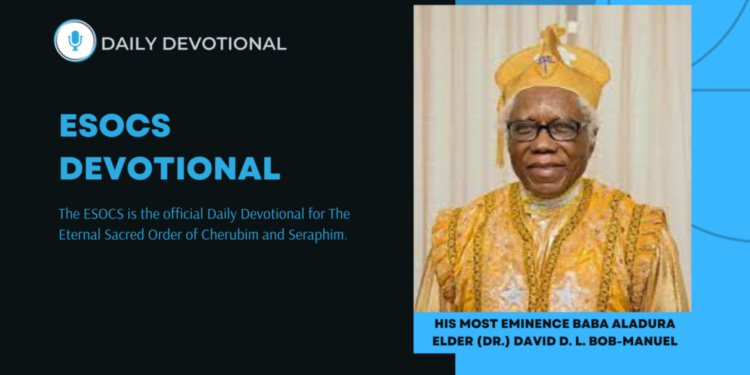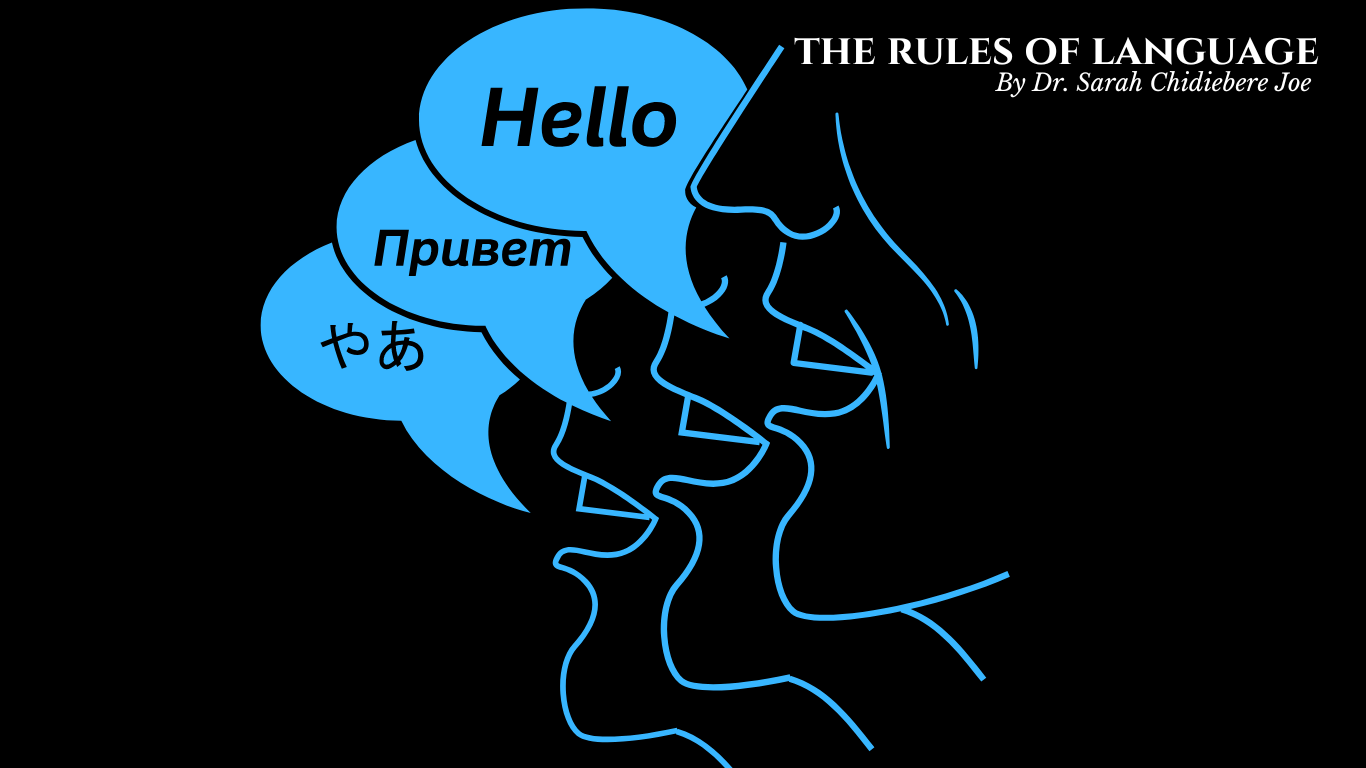ESOCS Devotional 16 February 2024 – Straining Out Gnats and Swallowing Camels
MEMORY VERSE: ’’Woe to you teachers of the law and Pharisees, you hypocrites! You give a tenth of your spices — mint, dill and cumin. But you have neglected the more important matters of the law — justice, mercy and faithfulness. You should have practiced the latter, without neglecting the former. You blind guides! You strain out a gnat but swallow a camel.” Matthew 23:23-24
TEXT: MATTHEW 23:23-28
Woe unto you, scribes and Pharisees, hypocrites! for ye pay tithe of mint and anise and cummin, and have omitted the weightier matters of the law, judgment, mercy, and faith: these ought ye to have done, and not to leave the other undone.
24 Ye blind guides, which strain at a gnat, and swallow a camel.
25 Woe unto you, scribes and Pharisees, hypocrites! for ye make clean the outside of the cup and of the platter, but within they are full of extortion and excess.
26 Thou blind Pharisee, cleanse first that which is within the cup and platter, that the outside of them may be clean also.
27 Woe unto you, scribes and Pharisees, hypocrites! for ye are like unto whited sepulchres, which indeed appear beautiful outward, but are within full of dead men’s bones, and of all uncleanness.
28 Even so ye also outwardly appear righteous unto men, but within ye are full of hypocrisy and iniquity.
Read Other ESOCS Devotional here
Actually, the Pharisees did well to avoid eating gnats, as they were unclean (albeit the most minute of the unclean animals). The Pharisees would obey the law to the extent of literally straining their wine or drinking water through a cloth in order to avoid the possibility of swallowing an unclean insect. But they would then turn around and engage in religious activity that was grossly unlawful, immoral and ungodly, not thinking anything about it. And this disorderly behaviour, Jesus likens to the eating of a camel. The ungodliness of the Pharisees is also illustrated in reference to their tithing. One tenth of the harvest was to be given to God (usually going to the priests and Levites – Nu 18:20-24; Dt 14:24-29). The Pharisees would go so far as to pay tithes on a mint, dill, and cumin (three tiny garden herbs grown for seasoning and flavouring their food). To pay tithes on these crops was to be scrupulously obedient.
The Pharisees dismissed as needing no attention at all the more important spiritual parts of the law such as justice (the act of righteously judging our fellow man), mercy (forbearance toward the guilty and compassion for the suffering), and faithfulness (manifesting belief in our lives).
When it comes to justice, we are judging the worth of others based upon the details of clothing, financial status and social position rather than on the eternal value of their soul? Are we more concerned about community gossip and the standards of other religious groups in judging people than we are of the standards of God? Are we reflecting the justice of God when we become upset over the orderliness of worship but not upset over the lost souls of those who may be disorderly?
When it comes to mercy, we must follow the example of Jesus who often attended to physical needs such as hunger and sickness but was primarily concerned with man’s spiritual needs. To show mercy by helping a needy person with a handout is certainly commendable but to assist that same person in obtaining a saving knowledge of the Word of God is even more important.
- Seek to attend to the affairs of life only the way and manner your Lord Jesus did. That is what would make you stand upright before Him, your heavenly Father and the Holy Spirit. Any other way of life would profit you nothing.
- Father, grant me the grace to be as holy as you are, in Jesus name.
Further Reading: Exodus 36:1-7; Psalm 106:24-39; Acts 7:44-53
ESOCS Devotional 16 February 2024















